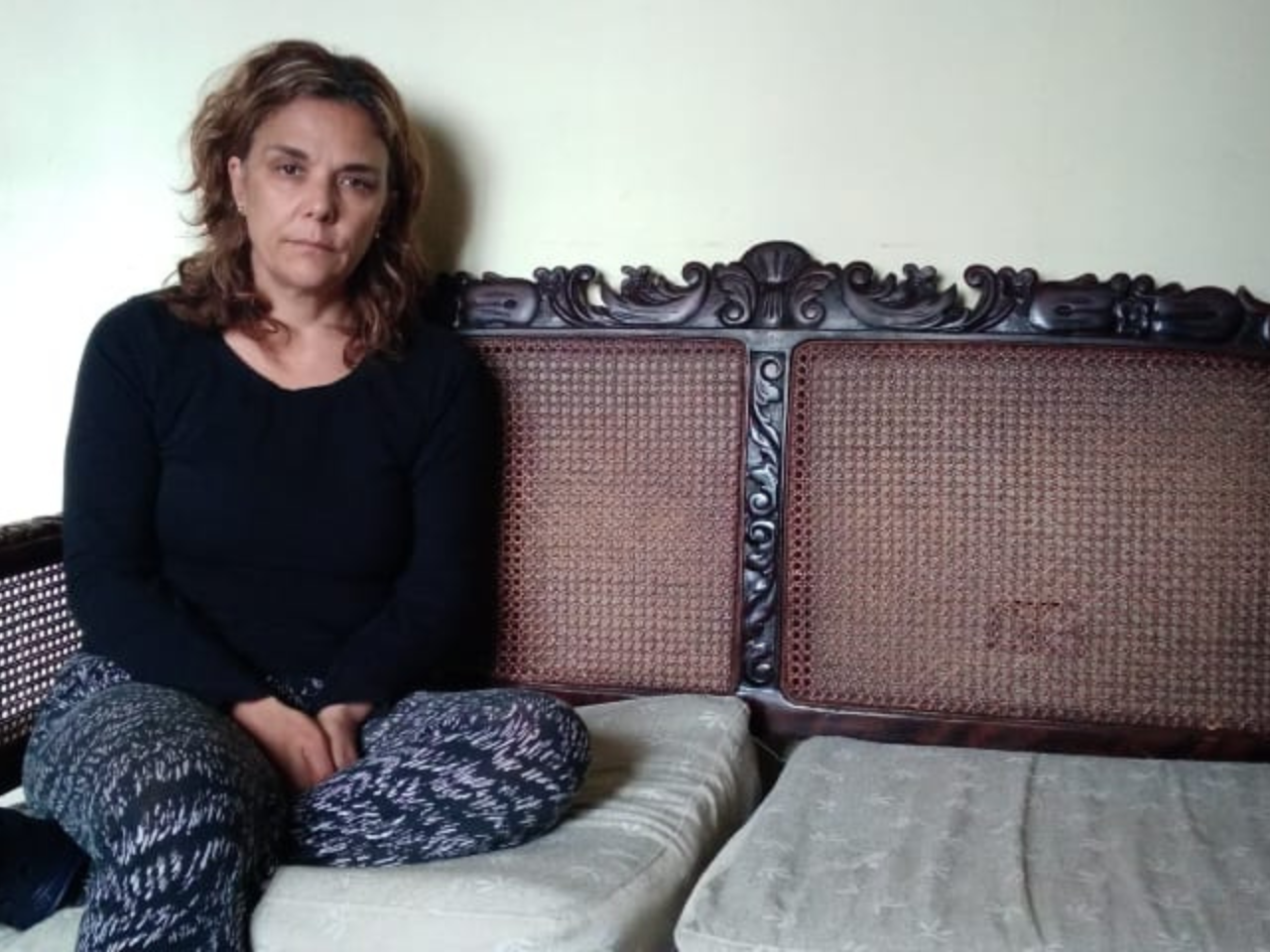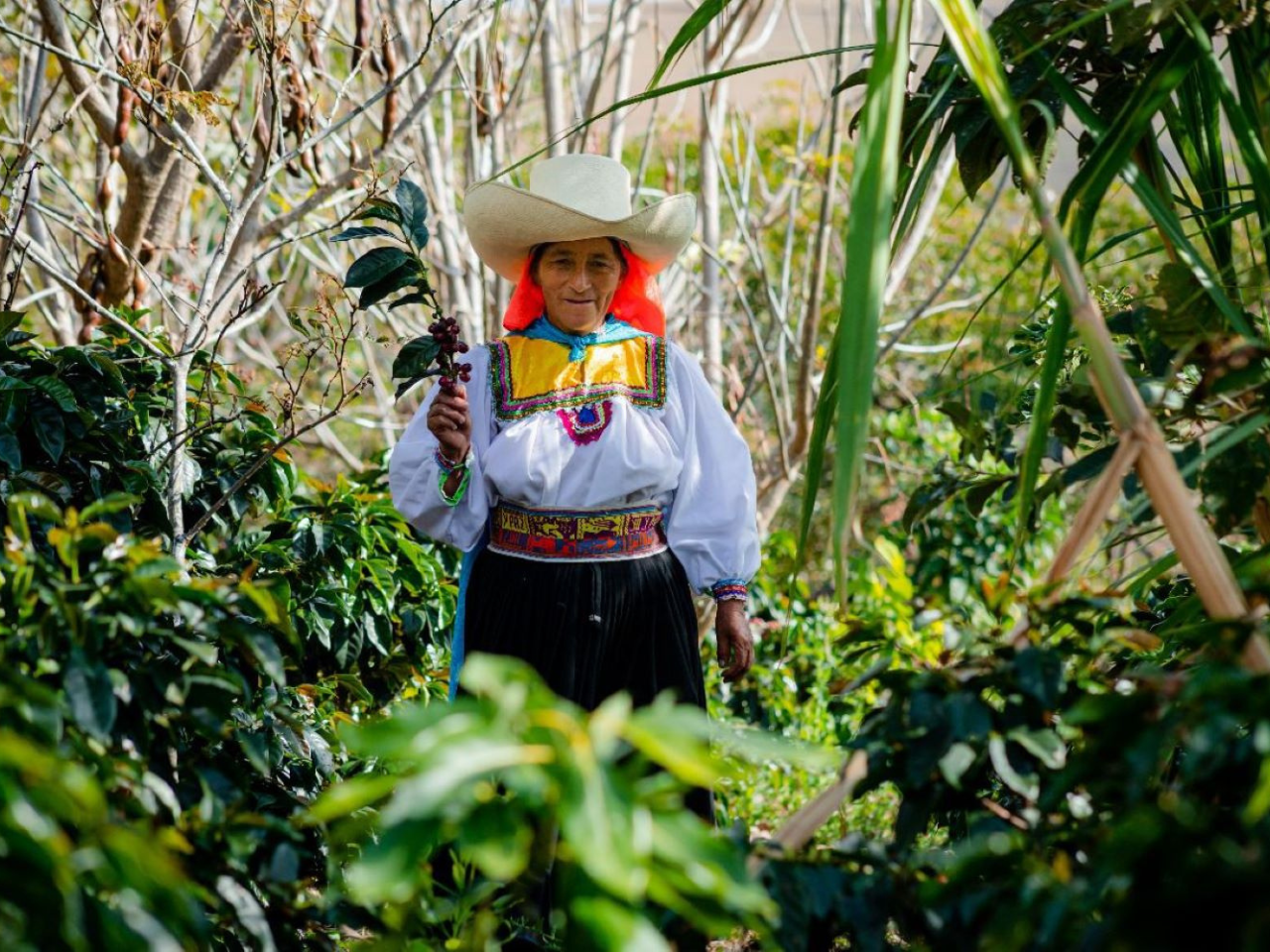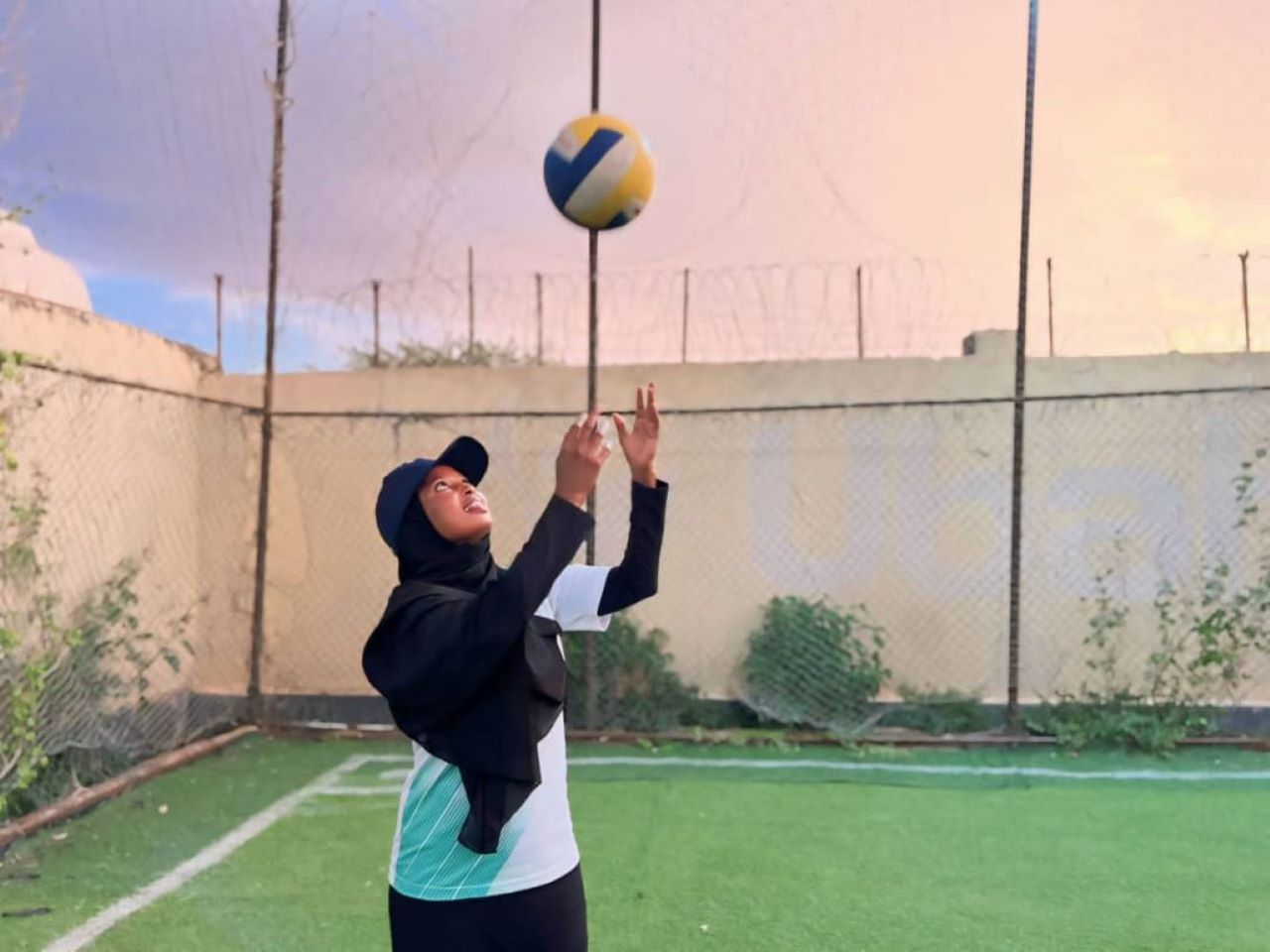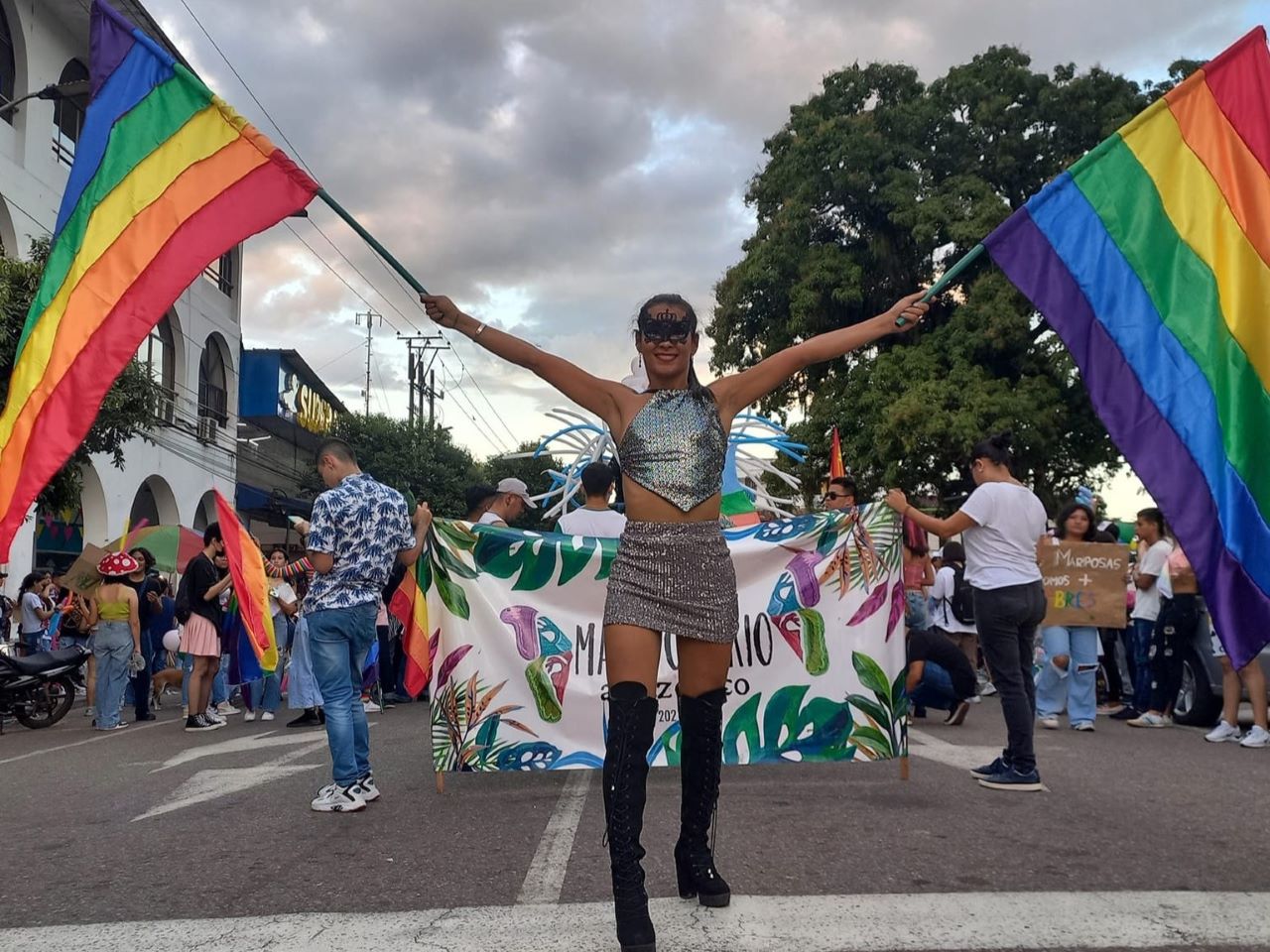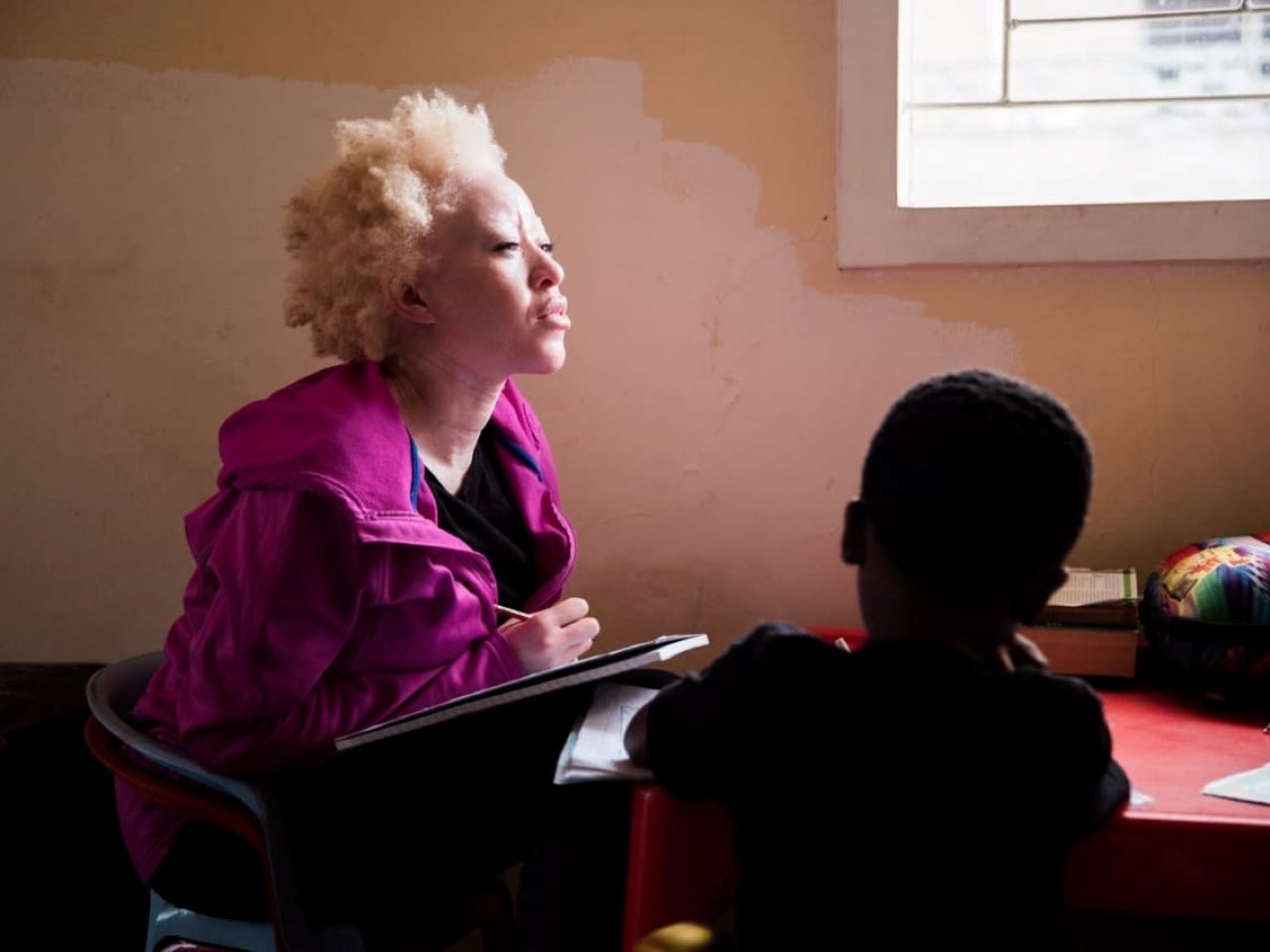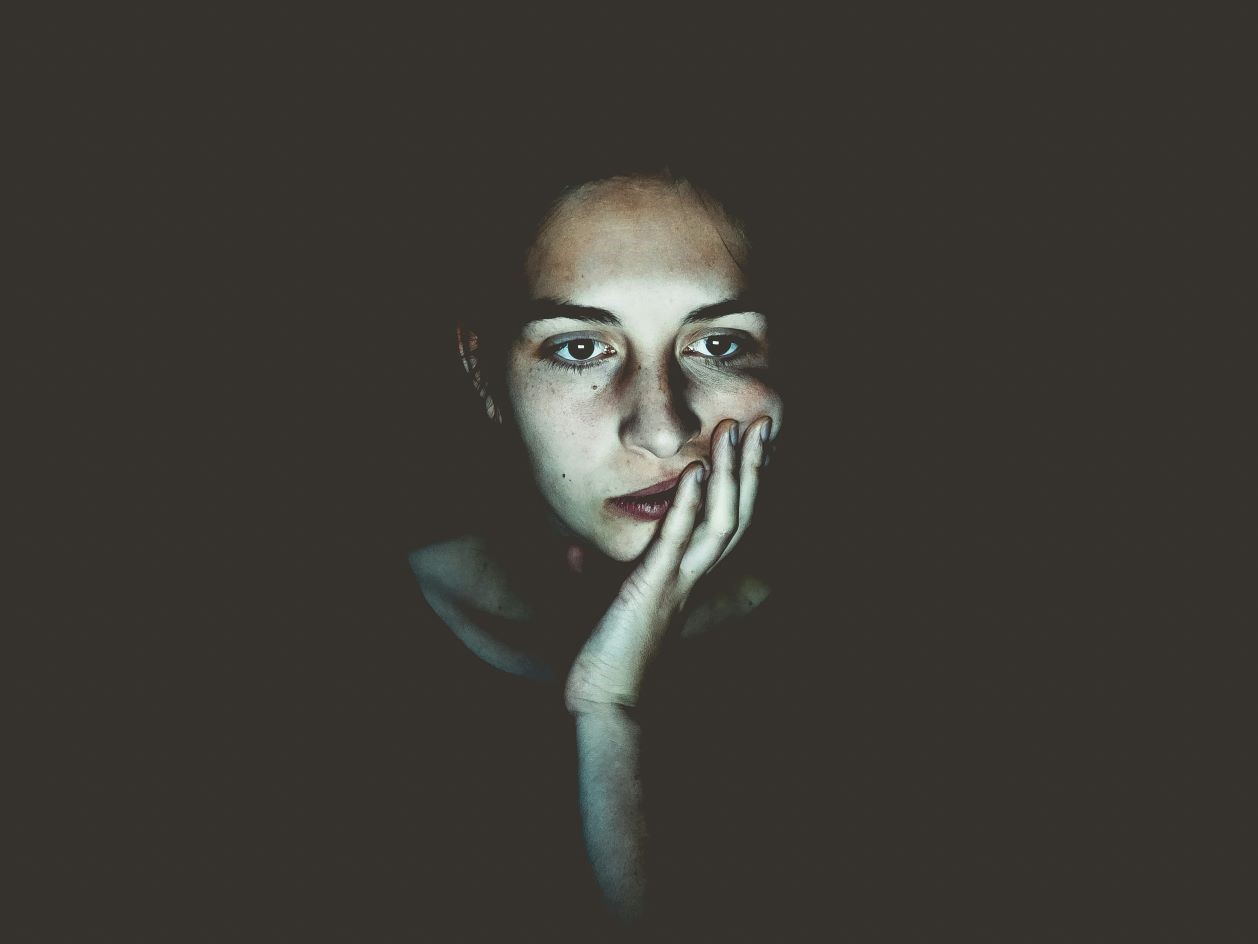Child abuse horror: 11-year-old girl raped by her father in India soon faces motherhood
When my health finally deteriorated, instead of taking me to the hospital, my father dropped me off at my mother’s home. My brother saw me and mockingly said, “Do you have a baby in your stomach?” I wept, assuming he was teasing me, but it turned out to be no joke.
- 2 years ago
April 10, 2024
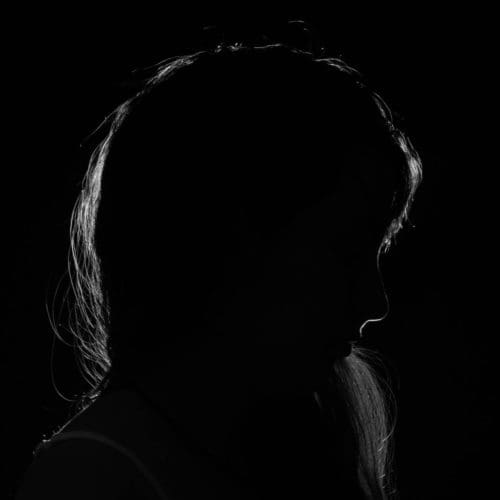
Trigger Warning: The following story contains a graphic description of sexual abuse and may not be suitable for some readers.
JAIPUR, India — Night after night, I lay beside my father facing the same routine. Sometimes, even during the day, he removed my skirt and touched my private parts. His words reflected a twisted affection, claiming love as he kissed me. When I finally confided in him about the physical pain I was in, he dismissed it as mere theatrics, refusing to take me to a doctor.
The agony persisted as my stomach ached and fatigue consumed me. Vomiting became a constant companion, yet he remained unmoved, never seeking medical help for me. Each day, my health deteriorated as tears ran down my face. My pleas fell on deaf ears.
When I confronted him again, he erupted in shouts of anger. This torture became my daily existence, stretching across months. Despite my desperate attempts to halt my father’s actions, his rage always prevailed. I considered revealing our secret to the neighbors, but his threats silenced me. He warned that if I dared to defy him, he would cast me out of our home.
Read more survivor stories at Orato World Media.
A daughter’s isolation and betrayal: living under the shadow of abuse
In contrast to the common belief that fathers are closest to their daughters and love them unconditionally, my personal experience took a dark turn. Instead of being my protector, my father became my abuser.
During that distressing period, I lacked a clear understanding of what was happening to me. I could not confide in anyone or seek guidance. My father dominated my world entirely. After school, I returned home, played with friends, and diligently completed my homework. Unfortunately, my mother played a minimal role in my upbringing. I remember people mentioning her “illness,” which required rest.
My father used derogatory language when he referred to my mother. He called her “pagal” meaning crazy or mad in Hindi. Though such terms were common to use with anyone, my mother’s illness was genuine. Consequently, my father sent her, along with my brother, to stay with her mother. With my mom gone, I found myself alone in the house with my father.
He abruptly halted my schooling, confining me to the home. I spent my days isolated, rarely interacting with others. Sometimes, my father brought food from a hotel, while other times, I prepared simple meals like khichdi (porridge) and dal. Though khichdi was not my favorite, it became my sole culinary skill. I yearned for school and cherished moments with friends, but my father insisted that girls should remain at home. I never dared argue with him, believing that his love would shield me from harm. However, my perception of him shattered.
My brother mocked me, asking if I was pregnant
My father persistently subjected me to sexual abuse during that time. It occurred every night and sometimes even during the day. When my health finally deteriorated, instead of taking me to the hospital, my father dropped me off at my mother’s home. My brother saw me and mockingly said, “Do you have a baby in your stomach?” I wept, assuming he was teasing me, but it turned out to be no joke. My uncle echoed the sentiment and said, “You are going to be a mother.”
Terrified and confused, I struggled to comprehend what was happening. That night, my maternal uncle arrived at our home and appeared shocked by my condition. He knew the truth, and he took me to a private room where I poured out the horrors of my father’s actions. These unspeakable acts occurred every day for months. Enduring intense pain, I confided in my uncle that I was sick and desperately needed to go to a hospital.
I believed I might die because my stomach felt full and heavy. However, my uncle assured me I was not physically ill. The next morning, he accompanied me to see a doctor. We also visited a police station, where a lady officer listened to my harrowing account of my father’s abuse. She, too, confirmed that my physical symptoms were not indicative of illness.
Despite numerous medical checkups, the doctors consistently maintained that I was not sick. Yet, I continued to experience vomiting, intense stomach pain, and discomfort in my back. The mystery persisted. “Why did I feel this way,” I wanted to know, but nobody provided answers, only the unsettling refrain that I was going to become a mother.
Transition to a new home: leaving behind the past
Now, I live in a childcare home I call my new residence. It surpasses the environment I experienced at my father’s house. However, I yearn for my mother and brother. Fatigue weighs heavily on me, and my back aches. Although many other girls live here, I cannot play with any of them. I occupy a solitary room with a dedicated attendant who attends to my needs. With kindness, she provides meals and helps me bathe and dress. She even teaches me mathematics and English.
Despite not attending school for several months, she assured me I will return next year. I aspire to become an Army officer. I admire their courage, and I, too, possess bravery. I avoid discussing the traumatic experiences inflicted upon me by my father. Those memories feel too painful, and I prefer not to dwell on them. I learned from my aunt that girls should avoid venturing out at night and never be alone with a man. When I eventually return home, I will adhere to this wisdom.
My days in this childcare facility revolve around drawing, eating, studying, and making art. My attentive aunt provided me with many sheets of drawing paper. I have regular checkups with doctors who emphasize the importance of my happiness as critical to my health. Despite my reluctance, everyone insists I will soon become a mother.
























